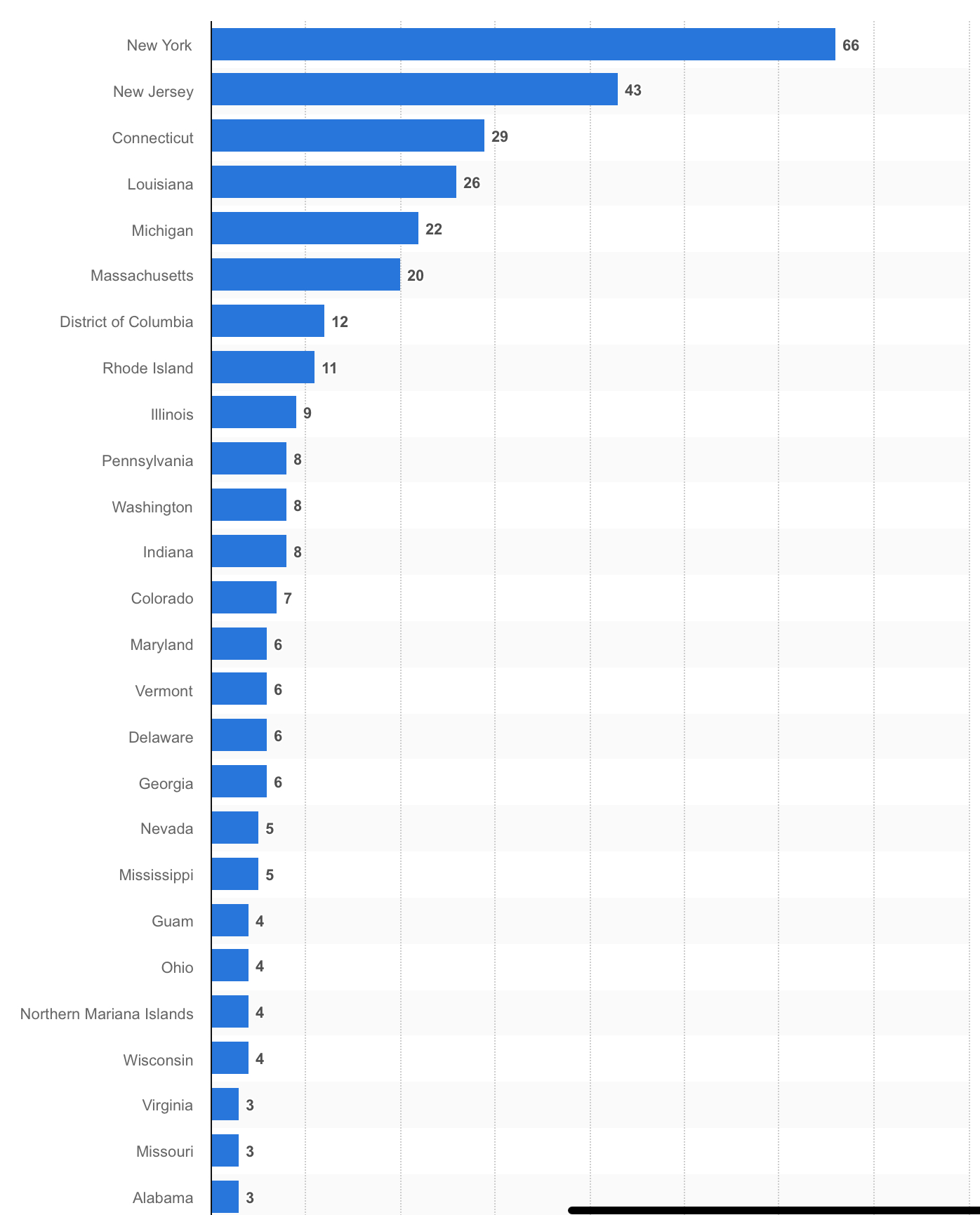A Theology of Cities and The Pandemic
I keep dwelling on something one of my seminary professors said a few years ago. He noted there is a theology of cities in scripture and it is not very positive. I mentioned that once on social media and a liberal religion reporter tagged Tim Keller to insist I was wrong and Keller should correct me. Keller took note of it and wound up largely agreeing with me.
“Cain knew his wife, and she conceived and bore Enoch. When he built a city, he called the name of the city after the name of his son, Enoch.” Genesis 4:17 (ESV)
It is no coincidence in scripture that the first city came from Cain, filled with the inbred product of his and his sisters’ relations. Time and time again, God’s people are poorer and in less urban areas. Bad things happen everywhere, but a lot of bad things are magnified in urban areas. Jesus died at the hands of an urban mob. Babel’s residents decided they could rival God. The division of Israel into the Northern and Southern kingdoms brought wealth and prosperity and a growing urban core to the Northern Kingdom while the Southern Kingdom of Judaea, outside of Jerusalem, remained largely agricultural. Scripture says God used prosperity and cycles of famine and pestilence to try to cajole the urban dwellers to repent, but they did not. As a result, this life is the best the unsaved will ever have and this is the worst life the saved will ever have.
For the Christian, from here to eternity we have a struggle. But on the other side of the veil of eternity, those who’ve had a good life now outside the presence of God will find nothing good while those who believe will live in splendor.
I have kept that statement from my professor in the back of my mind — the theology of cities in scripture is not very positive — as I have seen the increasingly secular left in this country increasingly belittle rural areas and the people of flyover country. They have insisted we all move to cities. Their movies have, interestingly, portrayed urban areas as manageable hellscapes while rural areas are abandoned and filled with murderous savages if habitable at all. They have insisted we embrace mass transit, trains, bikes, small families or singleness, and reusable shopping bags.
As they have advanced this agenda and more and more people do move to cities, we have seen increasing needs for nursing homes and retirement centers where the childless age together and the children who have abandoned multi-generational households have placed their elderly relatives.
Sometimes the eldercare facility is absolutely necessary. Sometimes, it provides an excuse for the children to not honor their parents and instead stick them somewhere else to be someone else’s problem.
All the while the cities grow and the disconnect between urban and rural areas grows. The secularists increasingly enact governmental policies that benefit urban areas and write off rural areas.
In 2018, after Hurricane Michael blew through South Georgia, Democratic candidate Stacey Abrams went into the agriculture community to insist they shouldn’t need to stay there but should be able to move to the big cities to find better work than being farmers. It did not go over well but is indicative of the mindset of the left these days.
Now here comes the pandemic. It has swept through nursing homes where people abandoned their elderly relatives. It has swept through urban cores. It has swept through mass transit and spread. In New York City, the areas of the city most hard hit are the ones with the longest commutes on the subway. Eldercare facilities have become the primary incubators to spread the virus. The elderly die and quietly infect the workers and visitors who fan out into communities. The mad dash to force us all to carry reusable shopping bags hit a brick wall with the virus.
In short, the pandemic has reminded us that cities are not a panacea and many of the preferred social policies of secularism are not compatible in crisis. Massive cities are not actually where most people should live — but rather where people might choose to live of their own choice. The virus has reminded us that family matters and living alone makes it harder in times of calamity. It has shown us that the secular cures of the age like mass transmit and small or nonexistent families make us more vulnerable. It should be showing us that abandoning our elderly to be taken care of by others abandons our obligations to them.
Yes, the virus may spread through families. The Chinese actually argued that families were the problem and it was in families that the virus would take hold. That is, to a degree, true. People living together tend to get sick together. But people piled into cities deprived of personal transportation and dependent on the urban core also spread viruses wildly. It should be noted that the communist Chinese who have long ruthlessly tried to exterminate large families are now using the virus to claim large families were the culprit in the viral spread.
There’s a theology of cities in scripture and it is not a flattering one. There is now a pandemic pouring through American cities where the hardest-hit places are the most urban and the ones where we’ve abandoned our senior citizens. Just consider this graphic of the per capita spread of the virus:

I’ll be glad to never have to read another newspaper article or research paper on how we need to incentivize urban dwelling and mass transit and limit family size and use reusable shopping bags.
Give me my GMC Yukon and my land any day of the week. Give me Texas and its wide-open spaces. Give me anything, but not Metropolis.




